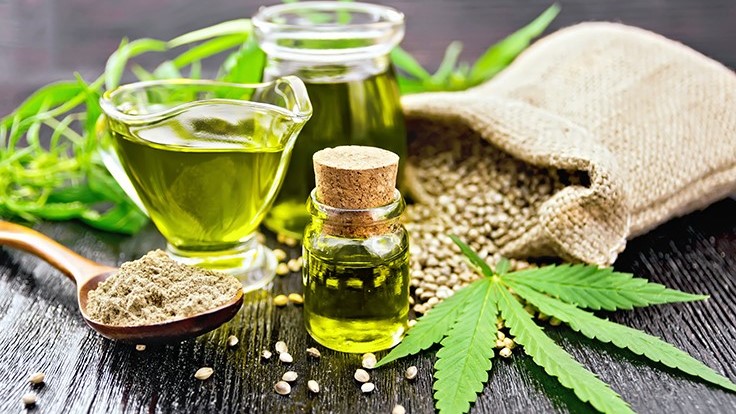The co-owner of 1,000 Springs Mill, Tim Cornie, made many efforts to legalize the processing and growing of hemp in Idaho. He remembers the unrespectful phone calls during the moment when he was lobbying someone who was raising questions on how he could do these things to take the kids.
“At the time, I explained how important this product is to the body, how much history there is, how agreeable to the body it is, and the protein, and the nutrients that are available,” Cornie said.
“I said, ‘Listen, you should be feeding this to your kids. This is not what you think it is.’”
“He had a complete turnabout with what he thought,” Cornie said.
However, with time enough minds were transformed to permit the Idaho legislature to pass HB 126 in April. The bill was passed by the Brad Little government turning it into the final state in the nation to permit the processing and growing of the hemp crop.

Idaho state department of agriculture officials said that the agency received consent from the US department of agriculture to license farmers and Idaho businesses to produce hemp. Thereby, the state police permitted the opening application process.
Also, so far, there are around 38 businesses that are likely to finish the application process for the license as per Chanel Tewalt, the Deputy Director of the Idaho state Agriculture Department.
What does legislation allow?
The legislation has permitted the research, processing, and production of industrial hemp by those who hold the license in Idaho. Also, the legal perception and transportation of hemp products are permitted by eliminating hemp from the house list of schedule 1 drugs.
However, the bill does not legalize the selling of health products to consumers, including CBD oil or any product that contains any amount of THC. THC is a psychoactive ingredient in marijuana.
Before the legislation, Idaho law did not distinguish between marijuana and industrial hemp. Thereby, the state arrested many drivers carrying loads of industrial hemp through Idaho. In addition, those drivers were also threatened with drug trafficking charges that hold some essential prison punishment.
Also, there were two different types of licenses businesses could apply for. A handling license and a producer license are two different kinds of licenses for businesses in Idaho. A producer license is meant for businesses who are thinking of planting and harvesting the crop but are not willing to process that any further. The handling license is for the ones who want to process the crop into different products. However, there are many businesses in the region that have applied for both of the licenses.
Hemp legalization is needed to address many misconceptions about the crop. Hemp is erroneously thought of as a product with concentrated levels of THC. But there are around four types of hemp plants that can be used for different uses.